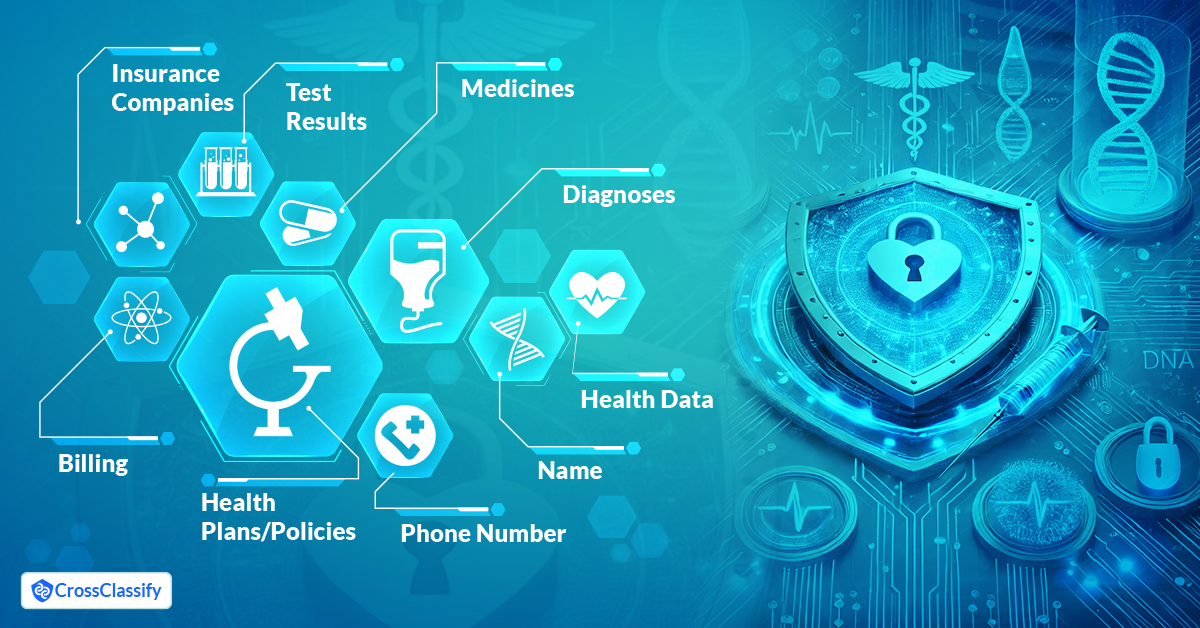
30 Dec 2024
Cybersecurity Threats in Healthcare: A Growing Concern to Lives
Healthcare is more than a service—it's a lifeline. Yet, the sensitive data that powers this industry is under constant threat. A healthcare data breach doesn’t just compromise privacy; it puts lives at risk.
What Makes Healthcare Data So Critical?
Healthcare data encompasses some of the most sensitive information, including:
Protected Health Information (PHI): Medical records, diagnosis details, and treatment plans.
Personally Identifiable Information (PII): Social Security numbers, contact information, and birthdates.
Financial Information: Credit card numbers, banking details, and billing data.
Health Insurance Data: Insurance IDs, claims, and payment records.
Hackers target this data not just for financial fraud but to sell it on the dark web or even disrupt patient care systems.
The Alarming Scale of Breaches in 2024 According to HIPAA Journal, 13.5 million patients’ information has been disclosed in 2024 alone. Personal health information is worth at least 10 times more than financial information on the black market (source). This makes healthcare data breaches significantly more damaging, as attackers prioritize such data for its enduring value and diverse exploitation opportunities. Unlike financial information, healthcare data can’t be reset, canceled, or replaced—it follows the patient for life, making the consequences far-reaching and severe.
When Healthcare Data Breaches Risk Lives in a Complex System The variety of actors in healthcare—hospitals, clinics, insurers, pharmacies, labs, and even tech providers—creates a complex web of access points. A single vulnerability in this chain can lead to catastrophic breaches. But the stakes go beyond financial and reputational loss. In extreme cases, breaches can delay critical care, tamper with patient records, or lead to life-threatening outcomes. When a patient's safety is on the line, cybersecurity becomes non-negotiable.
In future posts, we'll dive into how specific actors—hospitals, insurers, and tech providers—can combat these threats effectively. Remember that when a patient's safety is on the line, cybersecurity isn't just a technical issue—it's a moral and life-or-death imperative. And it's very important to prevent it before happens.
Learn more about comprehensive healthcare cybersecurity solutions in our Healthcare Solution page and explore detailed insights in our articles on Healthcare Cybersecurity and Fraud and Healthcare Fraud Hierarchy.
